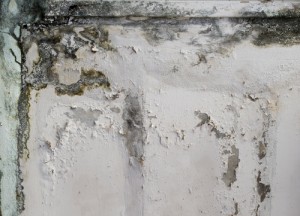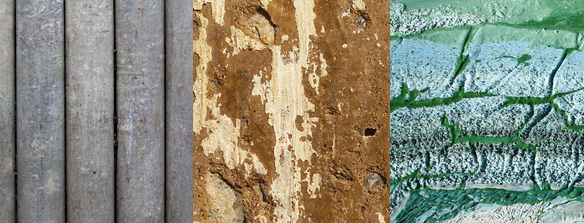 Inspecting for mold in your home or on your property may feel like an excessive effort for something that is not all that dangerous. However, mold can be more of a problem than you might think.
Inspecting for mold in your home or on your property may feel like an excessive effort for something that is not all that dangerous. However, mold can be more of a problem than you might think.
You’re probably no stranger to mold. It can grow anywhere that has enough moisture, so seeing mold in your shower or around leaky plumbing isn’t all that surprising. What is surprising is that there are certain health problems mold can cause if left to grow.
What is Mold?
Mold is, at its most basic, a fungus. This fungus produces spores which drift through the air – which is how mold enters your home or property. When mold spores land on a moist surface, they grow. The result is the splotchy patches of fungus you often find under leaky faucets or in other damp places. Mold breaks down organic materials, which is helpful in nature but a problem when it’s eating away at your hardwood floors, windowsills, or cabinets.
What Sort of Health Problems Can Mold Cause?
While mold spores are typically present in all household and workplace dust, large amounts of mold can create an unhealthy living environment. Mold exposure symptoms manifest similar to any other allergic reaction, such as:
- Congestion
- Runny nose
- Sneezing
- Coughing
- Eye, nose, and/or throat irritation
- Breathing problems
Of course, the effect mold can have on your health depends on your medical history. If you have a mold allergy or asthma, exposure to mold is more likely to trigger an extreme reaction than someone without these medical traits.
While mold is not toxic, certain varieties of mold produce toxic substances – known as mycotoxins. These toxins pose a serious risk, and prolonged exposure to these mycotoxins – or exposure to concentrated amounts of mycotoxins – can be extremely harmful. Fungal infection from exposure to mold is another risk, and an especially serious threat if you are suffering from immune deficiency.
Performing Your Own Mold Inspection
The first step to getting rid of mold growth on your property is to confirm that you have a mold problem in the first place. Most of the time, you can tell you have mold when you see it – a splotchy fungus growing in your bathroom, around leaky plumbing, or rotting away at your windowsills.
Unless you’re suffering from a severe reaction to the mold, you can handle minor mold problems (patches of mold that are smaller than 3ft by 3ft) yourself by simply drying the area, cleaning it thoroughly, and ensuring it doesn’t get wet again. In cases of mold contamination on walls, furniture, or carpet areas, hiring a professional may be a better idea.
When Should You Hire a Mold Inspection Specialist?
In some cases, hiring a professional to take a look at your home or property is the safest bet.
- If you’re having difficulties getting rid of your mold problems,
- if you have high concentrations of mold
- if you suffer from asthma or mold allergies
- if you have concerns about mycotoxins, or
- if you suspect extreme mold contamination in your walls, floor, or ventilation systems.
Mold inspection specialists are experts in their field, certified to handle inspection, testing, and sampling of mold specimens. If you’re concerned about any mold contamination on your property, you can save time and effort by asking for a consult from a specialist in mold inspection.












